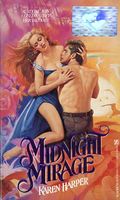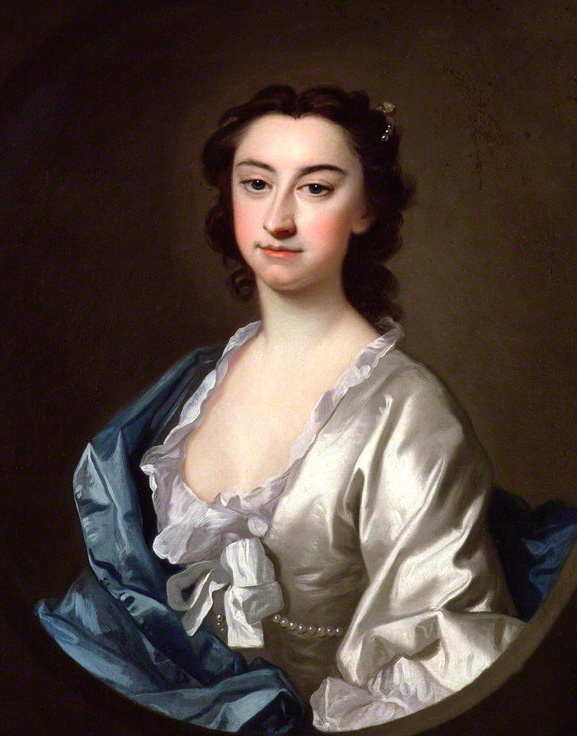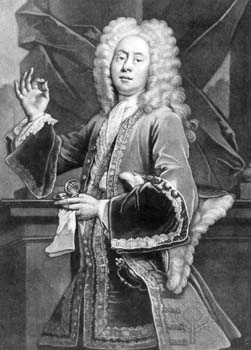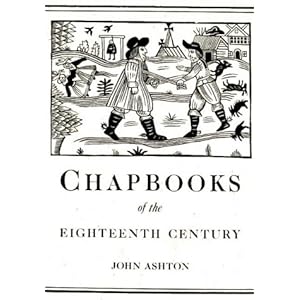I'm involved in a discussion in the book 'Evelina' by Fanny Burney here but did not want to overload the board with all my thoughts, so they are as follow....
The first two letters had me dismayed at agreeing to pick up and read this book. The reader is plunged into whole swathes of intricate backstory, with only a little chance to note the names and relations of the characters and what they all wanted. Indeed, it was some of the clumsiest handling of exposition I have ever read.
But the next seven letters, where Mrs Howard convinces Villars to send Evelina to her house and then to London were effective at building up tension and import before Evelina is launched onto London life.
From here the book begins to hit its marks, the first touristy letter gives a realistic portrayal of the salubrious ends of town as well as giving us Evelina’s surprise that it is not as grand as she expected. The trip to the theatre gave the author a chance to rhapsodise about David Garrick (who she also rhapsodised about in her diaries when he would come round and the girls would shuffle for his attention). Then there are the descriptions of going ‘a-shopping’. These were not merely boring lists of pretty things bought but included lots of lovely comic details - such as the men so knowledgable in women’s things that she wanted to know ‘how long they had left off wearing them’; or the fact that Mrs Mirven’s hair had been dressed so high she couldn’t wear her new hat.
There is also the detail about how the sales-assistants were so courteous and so persuasive that she wanted to buy everything, much the same thing happened in Goldsmith’s Citizen of the World where the chinese philosopher, Lien Altangi goes into a shop and ends up buying several yards of silk that he didn’t really want due to the immense flattery he received. This would then seem to be a common stereotype of Londoners at the time, that their sales-assistants could sell you anything and make you feel like royalty in the process.
Next we come to our first great set-piece, the private ball. What struck me about the ball was not it’s propriety or distance from the present, but how closely the experience of the ball is to a night club today. Evelina, who has never been to anything like it, is fearful of her dancing skills, steps into the room, which seems to be full of hundreds of strangers. Again and again we are drawn back to the fact that she doesn’t recognise anyone and her self-consciousness and overwhelming lack of confidence make the whole experience quite hostile - who, has not felt this when walking into a nightclub, especially one where they were obviously not a regular? I’ve wandered into a few clubs that were not my natural domain, a hip-hop club, a roller-disco, even an s&m dungeon and this feeling of intense self awareness is true and wonderfully expressed by the author, (who, if her diary is anything to go by, often felt out of place and awkward and was very shy).
The next part that feels completely realistic is Evelina’s being asked out by an ugly man almost as soon as she walks in. She feels that slight twinge of ‘am I going to do any better than this?’ but turns him down in the hope that she will. This shows her inner strength in waiting for the next day but also her good grace in the polite manner in which she does it. I have heard much harsher rebuttals than hers. Though he doesn’t take it well, and we know that he’ll be back at some point.
Then, here comes Lord Orville in a soft focus of adjectives but no actual concrete details. Indeed, most of Lord Orville’s scenes are very dimly reported as to actual detail, and this is by an author who I am realising has a very pleasing eye for the telling detail. This is because it is not what Lord Orville does or says as much as how he makes Evelina feel. His descriptions are barely descriptions of him but descriptions of Evelina’s emotions towards him - principally awkwardness and embarrassment. His first attempts with Evelina are painful in her self-consciousness, her feeling of not being good enough for this paragon, which ironically ensure that she isn’t - though he sees through all this of course. That painful consciousness (that I certainly get) when you meet someone you are instantly attracted to and so turn into a lemon are wonderfully described.
Things get worse at the Ridotto, where trying to avoid the attentions of a very forward young men, she claims she already has a partner. The forward young man presses and teases the whole time - I think I’ve gone for a drink with this guy - the way he prods and wangles until Lord Orville comes over and everything gets too embarrassing. Then, the way he clings onto the Mirven party throughout - inveigling himself with the newly arrived, cantankerous Captain Mirven - is really well observed. The reader can find him too pushy and irritating but at the same time admire his persistence and good humour, this is a funny guy - especially when he plays tag teams with the Captain. (The fact that Evelina notices his strategies so acutely make me wonder if she isn’t so innocent of the ways of the world as she pretends).
Then we get our next main character the (rather too) coincidental introduction of Madame Duval, Evelina’s estranged French grandmother - who, at the moment, is mainly there for a spot of French baiting. Although Captain Mirven’s French baiting could become too much of a good thing, I have enjoyed his glee at seeing Madame Duval clumped in mud and the suggestion that it may have been him in the dark that caused the accident. I also liked the scene at the toy museum, which does very well exemplify in the difference between the English and the French. He sees the toys and asks in that empirical English way, ‘what is it for?’ ‘what does it do?’ ‘why is it?” - he sees the toy pineapple with the singing birds and declares in his loud voice (btw, which embarrassing uncle does he remind you of?) that he would prefer a real pineapple because it is more satisfying. I then like him taking the mic out of Madam Duval’s musical raptures - and then the bit where he shoves the smelling salts under her nose because he is pretending that she is having a fit - all very realistic for a certain kind of Englishman even now.
As for the Brangtons - I know they will become something important, but at the moment they seem sweet - and rather rudely spurned by Evelina.
Yours



















